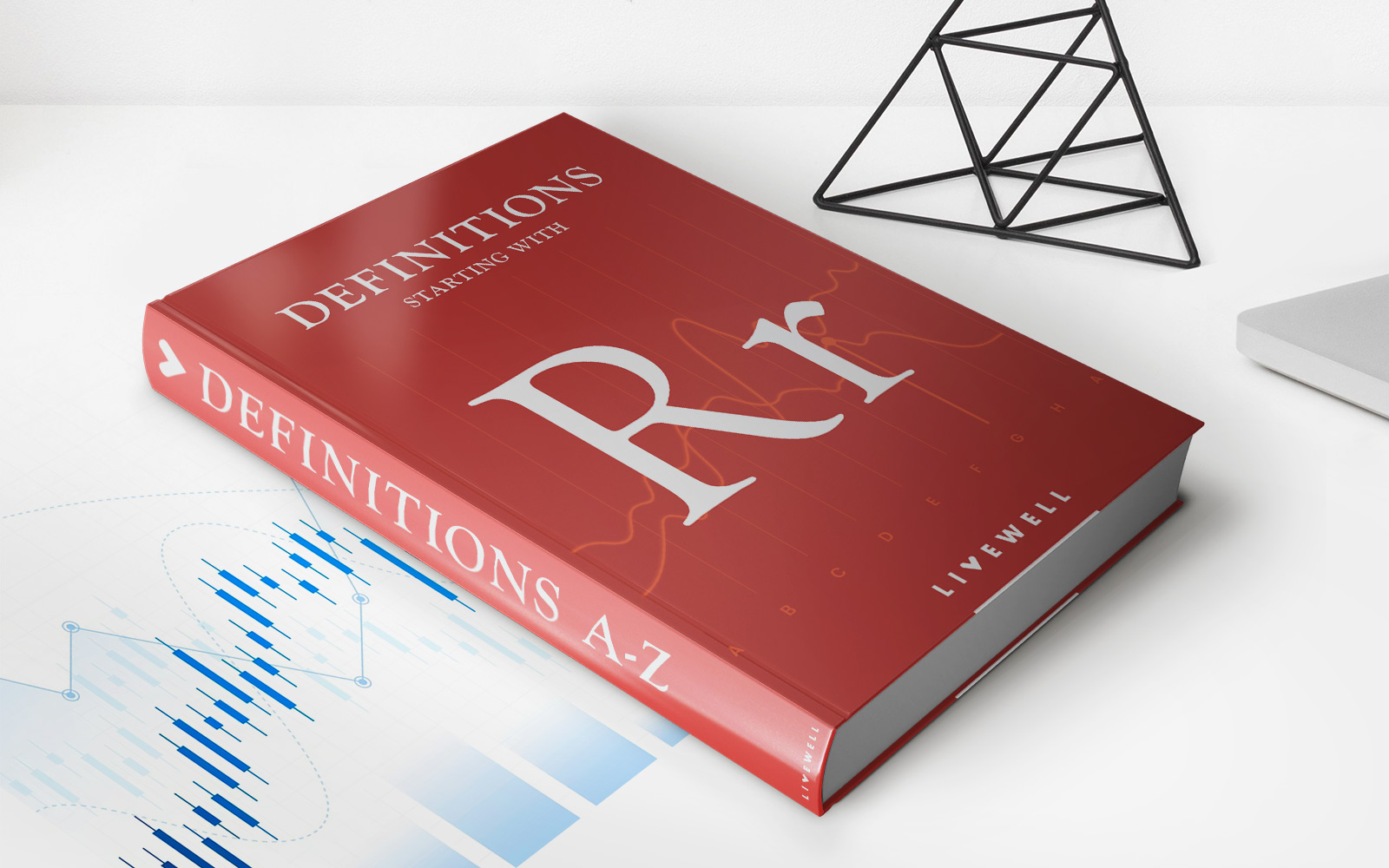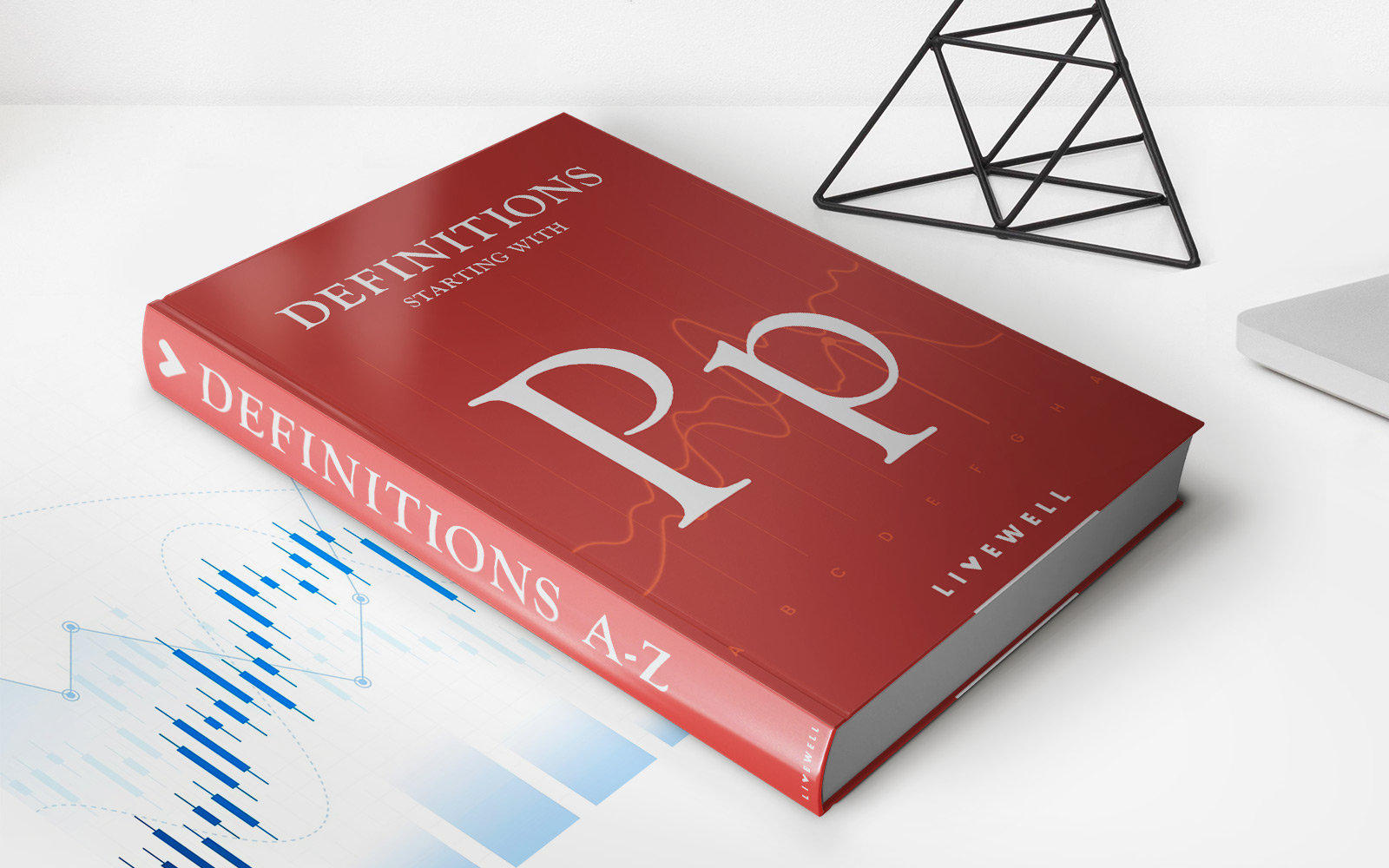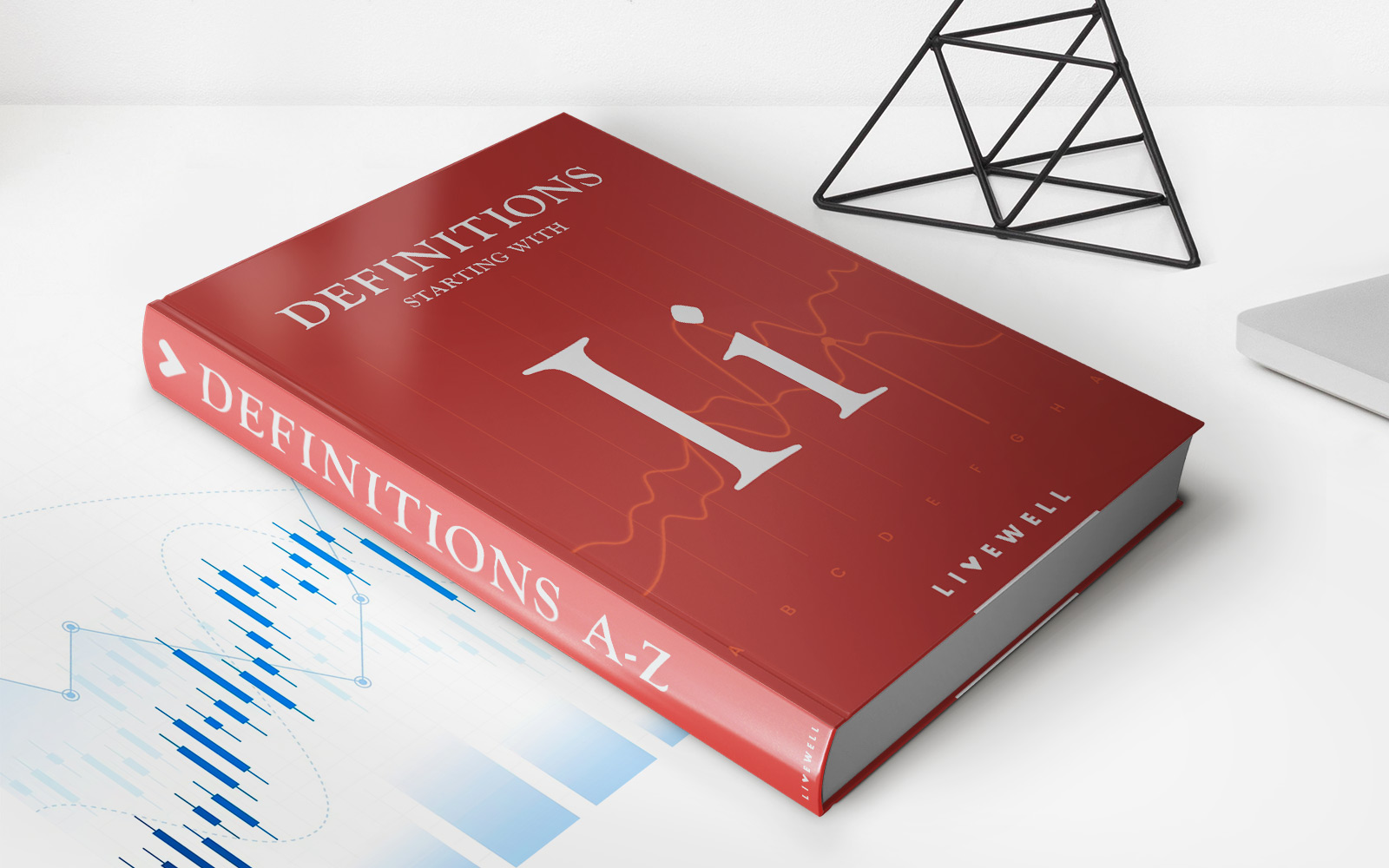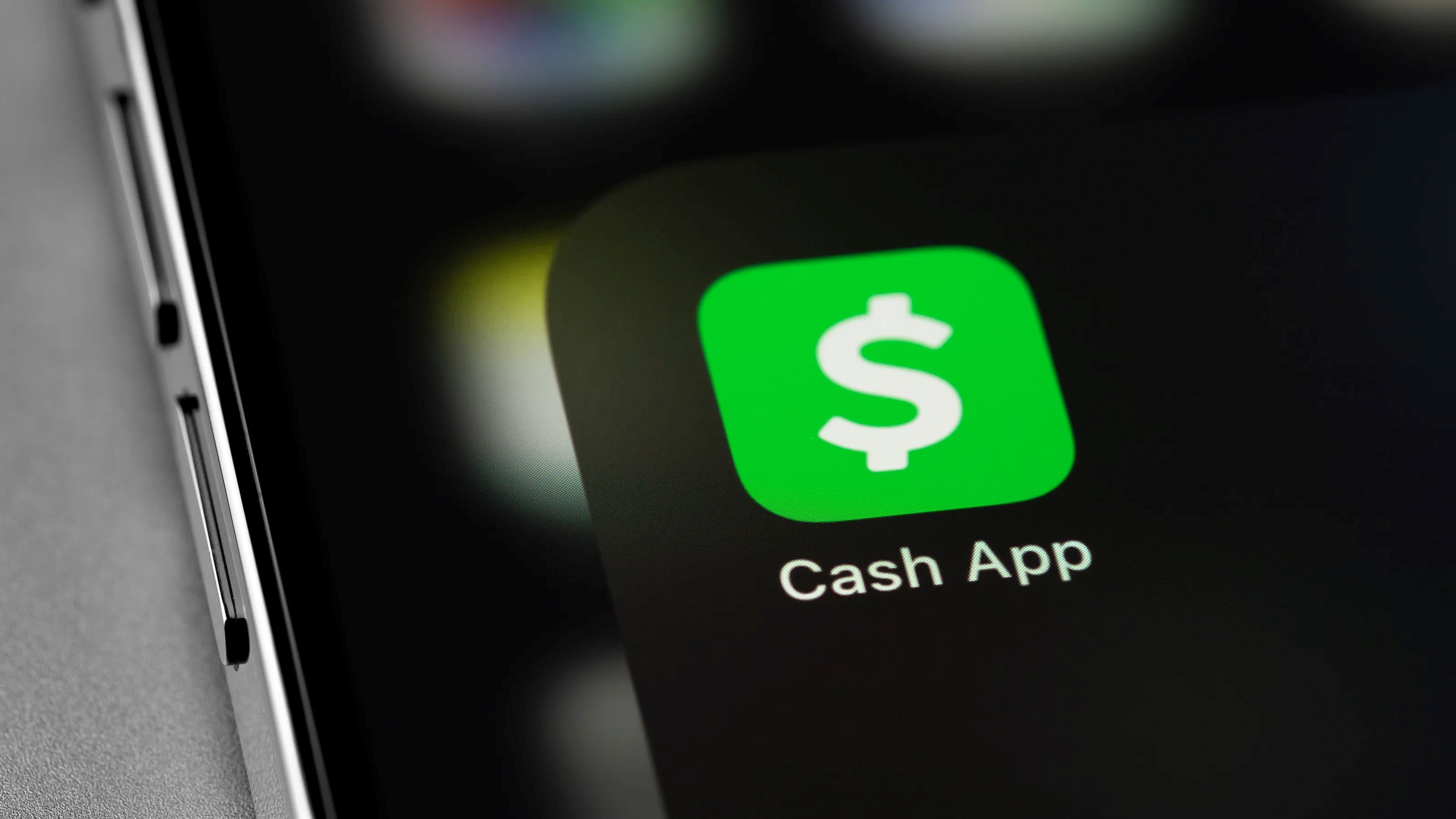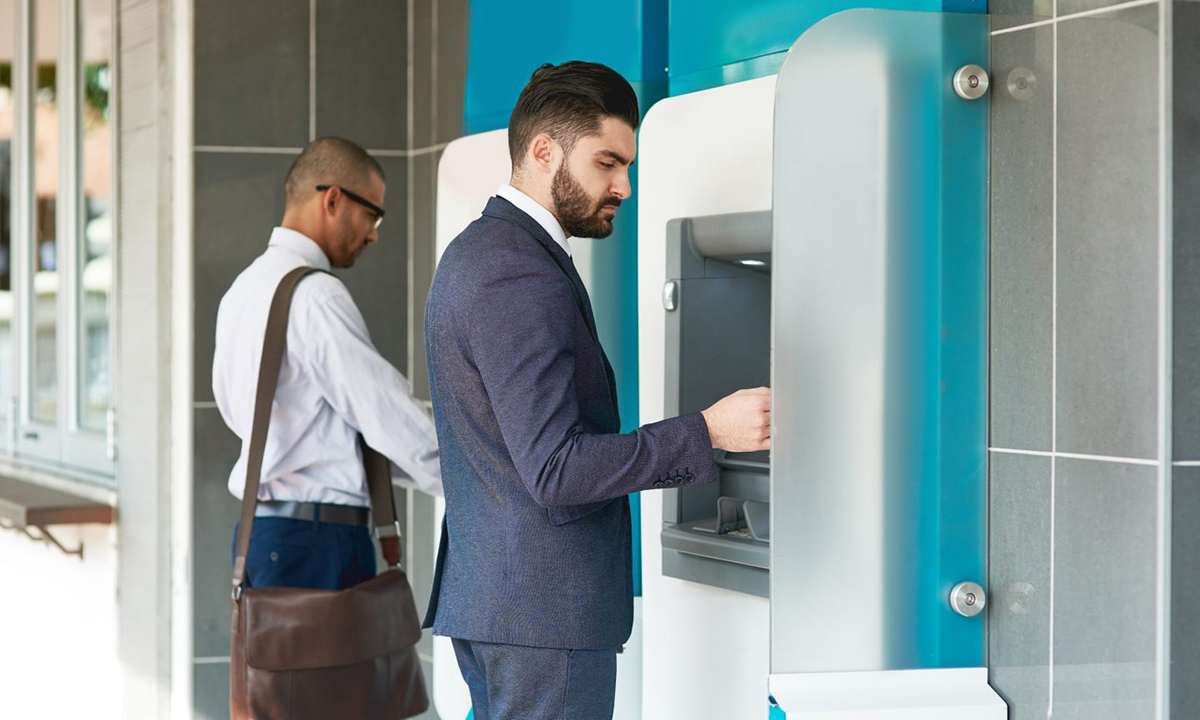

Finance
What Happens If You Overdraw Your Credit Card
Modified: February 21, 2024
Discover the consequences of overdrawing your credit card and learn how to manage your finances effectively. Get expert financial advice and avoid costly mistakes.
(Many of the links in this article redirect to a specific reviewed product. Your purchase of these products through affiliate links helps to generate commission for LiveWell, at no extra cost. Learn more)
Table of Contents
Introduction
Using a credit card can be a convenient and flexible way to manage your finances. It allows you to make purchases and pay them off over time, all while potentially earning rewards. However, if you’re not careful, it’s easy to find yourself in a situation where you have overdrawn your credit card. Understanding the implications of this scenario is crucial, as it can have a significant impact on your finances and credit score.
When you overdraw your credit card, it means you have spent more money than your available credit limit. This can happen for various reasons, such as not keeping track of your spending or not being aware of your credit limit. Regardless of the cause, it’s essential to be aware of the consequences of overdrawing your credit card to avoid potential financial setbacks.
In this article, we will delve into what happens when you overdraw your credit card and the steps you can take to prevent it. We will also explore the repercussions on your credit score and the fees and penalties involved. Additionally, we will discuss the importance of having overdraft protection and provide practical tips to help you avoid this situation altogether.
Understanding the mechanics of overdrawn credit cards and their impact is crucial for maintaining healthy financial habits. By staying informed, you can make better decisions when it comes to managing your credit card and avoid falling into detrimental financial situations.
Understanding Overdrawing
Overdrawing a credit card occurs when you make a purchase or a series of purchases that exceed the available credit limit on your card. Essentially, you are spending more money than you have borrowed from your credit card issuer. This can happen for a variety of reasons, such as not closely monitoring your spending, not keeping track of your credit limit, or simply underestimating your available balance.
It’s important to note that overdrawing a credit card is different from overdrawing a bank account. When you overdraw a bank account, you are spending more money than you have in the account, resulting in a negative balance. With a credit card, however, you have a pre-approved line of credit that allows you to borrow money up to a certain limit set by the card issuer.
Overdrawing your credit card can have several consequences. First and foremost, it can lead to hefty fees and penalties from your credit card issuer. These charges can include overdraft fees, late payment fees, and increased interest rates. Additionally, exceeding your credit limit can negatively impact your credit score, making it more difficult to secure loans or credit in the future.
It’s important to understand that even if your credit card issuer allows the transaction to go through despite exceeding your credit limit, it doesn’t mean it’s free money. You will still be responsible for repaying the amount you have borrowed, along with any applicable fees or interest charges.
To avoid overreaching your credit limit and overdrawing your credit card, it’s crucial to keep track of your spending and regularly monitor your credit card balance. Establishing a budget and tracking your expenses can help you stay within your credit limit and avoid unnecessary fees and penalties.
Next, we will explore the consequences of overdrawn credit cards in more detail, including their impact on your credit score.
Consequences of Overdrawing
Overdrawing your credit card can have significant consequences that extend beyond just the immediate financial impact. It’s important to be aware of these consequences to mitigate any potential damage to your credit history and overall financial well-being.
One of the primary consequences of overdrawn credit cards is the accumulation of fees and penalties. When you exceed your credit limit, credit card issuers typically charge overdraft fees, which can range from a fixed amount to a percentage of the transaction. These fees can quickly add up and significantly impact your overall balance.
In addition to overdraft fees, you may also be subject to late payment fees if you’re unable to promptly pay the overdrawn amount. Since overdrawn credit cards often result in higher balances, staying up to date with payments becomes even more crucial to avoid further financial strain.
Another significant consequence of overdrawing is the potential impact on your credit score. Your credit score is a reflection of your creditworthiness and is used by lenders and creditors to determine your eligibility for future loans or credit. When you overdraw your credit card and exceed your credit limit, it can negatively affect your credit utilization ratio, which is the amount of credit you’re using compared to your total available credit. This ratio accounts for a significant portion of your credit score, so exceeding your credit limit can result in a decrease in your score.
Additionally, if you consistently overdraw your credit card or make late payments, it can create a pattern of irresponsible financial behavior, making lenders hesitant to approve you for credit in the future. This can make it challenging to obtain loans, mortgages, or even rent an apartment.
It’s also worth noting that overdrawn credit cards may result in increased interest rates. Credit card issuers often have penalty APRs, which are higher interest rates imposed on cardholders who have overdrawn their accounts or made late payments. This means that even if you manage to pay off the overdrawn amount, you may still incur additional interest charges on your remaining balance.
Understanding the consequences of overdrawn credit cards can help you make more informed decisions and take proactive steps to prevent overdrawing in the future. In the next section, we will discuss the impact of overdrawing on your credit score and how to mitigate the damage.
Impact on Credit Score
Overdrawing your credit card can have a significant impact on your credit score, which is a numerical representation of your creditworthiness. It’s important to understand how overdrawing affects your credit score to take the necessary steps to minimize any potential damage.
One of the key factors that determine your credit score is your credit utilization ratio. This ratio represents the amount of credit you’re using compared to your total available credit. When you overdraw your credit card and exceed your credit limit, your credit utilization ratio increases. High credit utilization ratios are generally seen as a sign of financial instability and can negatively impact your credit score.
Since credit utilization accounts for a significant portion of your credit score, exceeding your credit limit can result in a decrease in your score. Lenders and creditors consider borrowers with high credit utilization ratios to be higher-risk, making it more difficult for you to obtain favorable loan terms or secure new lines of credit in the future.
Furthermore, consistently exceeding your credit limit or having a pattern of overdrawn credit cards can signal to creditors that you may be struggling with managing your finances. This can further lower your credit score and create challenges in obtaining financing for major purchases, such as a car or a home.
It’s also worth noting that the impact on your credit score may not be immediate. Credit card issuers typically report your credit card activity to credit bureaus once a month. So, if you quickly rectify the overdrawn situation before the reporting date, the impact on your credit score may be minimal. However, if your overdrawn status is reported, it can take time and responsible credit behavior to rebuild your credit score.
To mitigate the impact on your credit score, it’s crucial to address the overdrawn credit card situation as soon as possible. Paying off the overdrawn amount and bringing your credit card balance below the credit limit can help improve your credit utilization ratio and demonstrate responsible credit management.
In the next section, we will discuss the fees and penalties associated with overdrawn credit cards and explore options for protecting yourself from such situations.
Fees and Penalties
When you overdraw your credit card, you’re not only at risk of damaging your credit score but also incurring various fees and penalties from your credit card issuer. It’s important to understand these charges to assess the financial impact and take necessary steps to avoid them whenever possible.
The most common fee associated with overdrawn credit cards is the overdraft fee. This fee is charged when you exceed your credit limit and can vary depending on the credit card issuer. Overdraft fees can range from a fixed amount, such as $25, to a percentage of the transaction amount, typically around 3-5%. These fees can quickly add up, particularly if you make multiple overdrawn transactions.
In addition to overdraft fees, you may also incur late payment fees if you’re unable to promptly pay off the overdrawn amount. Late payment fees can vary, but they typically range from $25 to $39. It’s crucial to pay attention to payment due dates and ensure timely repayment to avoid additional charges.
Furthermore, exceeding your credit limit and consistently overdrawn credit cards can result in increased interest rates. Credit card issuers often have penalty Annual Percentage Rates (APRs) that are applied to cardholders who have overdrawn their accounts or have a history of late payments. These penalty APRs are often significantly higher than the standard APR, leading to increased interest charges on your outstanding balance.
To avoid or minimize these fees and penalties, it’s crucial to be proactive. Regularly monitor your credit card balance to ensure you remain within your credit limit. Set up alerts or notifications from your credit card issuer to keep track of your spending and be notified of nearing your credit limit. Additionally, establish a budget and track your expenses to maintain control over your finances and avoid overspending.
If you find yourself in a situation where you have overdrawn your credit card, it’s important to take immediate action. Pay off the overdrawn amount as soon as possible and contact your credit card issuer to discuss the situation. In some cases, they may be willing to waive or reduce the fees imposed, particularly if you have a good track record of responsible credit card usage.
Having a clear understanding of the fees and penalties associated with overdrawn credit cards can help you navigate the situation and make informed decisions regarding your financial well-being. In the next section, we will explore the options available to protect yourself from overdrawn credit cards.
Overdraft Protection Options
To help prevent the possibility of overdrawn credit cards and the associated fees and penalties, many credit card issuers offer overdraft protection options. These options provide an added layer of security to ensure that you don’t exceed your credit limit and incur unnecessary charges. Let’s explore some common overdraft protection options:
- Linked Savings Account: Some credit card issuers allow you to link your credit card to a savings account. In the event of a potential overdrawn situation, funds will be automatically pulled from your linked savings account to cover the transaction. This can help prevent your credit card from being overdrawn and potentially save you from overdraft fees. However, it’s important to ensure that there are sufficient funds in your linked savings account to avoid any potential issues.
- Overdraft Line of Credit: Another option is an overdraft line of credit. This functions similarly to a personal line of credit, where you are approved for a certain amount that can be accessed if your credit card balance exceeds its limit. Instead of charging overdraft fees, the credit card issuer may charge interest on the amount borrowed from the overdraft line of credit. This can be a useful tool to have as a backup for emergencies or unexpected expenses.
- Automatic Balance Transfers: Some credit card issuers offer automatic balance transfers. In this case, if a transaction would result in an overdrawn credit card, the credit card issuer will automatically transfer funds from another linked account (e.g., checking account) to cover the negative balance. This helps to prevent overdrawing and can save you from incurring overdraft fees.
- Alerts and Notifications: Many credit card issuers provide alerts and notifications that can be set up to notify you when you approach or exceed your credit limit. These alerts can be sent via email, text message, or through the credit card issuer’s mobile app. By staying aware of your credit card balance, you can take immediate action to prevent overdrawn credit cards and the associated fees.
It’s important to keep in mind that each credit card issuer may offer different overdraft protection options with varying terms and conditions. Before selecting an overdraft protection option, carefully review the terms, fees, and any potential limitations to determine which option best suits your needs.
Remember, while overdraft protection options can provide added security, it’s still important to practice responsible credit card usage and diligently monitor your spending to avoid exceeding your credit limit. In the next section, we will provide some essential tips to help you avoid overdrawn credit cards altogether.
Tips to Avoid Overdrawing
Avoiding overdrawn credit cards is essential for maintaining a healthy financial standing and minimizing unnecessary fees and penalties. Here are some practical tips to help you avoid overdrawn credit cards:
- Monitor your credit card balance: Regularly keep track of your credit card balance to ensure you are aware of how much credit you have available. This can be done through online banking, mobile apps, or by contacting your credit card issuer directly.
- Set up balance alerts: Take advantage of the alerts and notifications offered by your credit card issuer. Set up alerts to receive notifications when you approach a certain percentage of your credit limit or if you have a low available balance.
- Create a budget: Establish a budget to track your income and expenses. By managing your finances effectively, you’ll have a clearer understanding of how much you can afford to spend on your credit card without exceeding your credit limit.
- Track your spending: Keep a record of your credit card transactions and regularly review your statement. This will help you identify any discrepancies, unauthorized charges, or potential overdrawn situations.
- Pay attention to payment due dates: Stay on top of your payment due dates to ensure timely repayments. Late payments can not only result in fees but can also impact your credit score and make it more challenging to secure credit in the future.
- Consider automatic payments: If you have a consistent monthly budget, setting up automatic payments can help ensure that your credit card bill is paid on time and in full, reducing the risk of incurring late payment fees or overdrawn situations.
- Utilize online banking tools: Most credit card issuers provide online banking platforms with various tools and resources to help you manage your credit card account. Take advantage of these tools to monitor your balance, track your spending, and set up payment reminders.
- Communicate with your credit card issuer: If you anticipate difficulty in making a payment or if you have concerns about staying within your credit limit, it’s important to reach out to your credit card issuer. They may be able to provide options or guidance to help you avoid overdrawn credit cards.
By implementing these tips and developing responsible credit card habits, you can significantly reduce the risk of overdrawn credit cards. Remember, proactive management and financial awareness are key to maintaining control over your credit card usage.
Let’s now conclude our article and summarize the key points discussed.
Conclusion
Overdrawing your credit card can have serious financial consequences, including fees, penalties, and damage to your credit score. It’s crucial to understand the implications of overdrawn credit cards and take proactive measures to prevent these situations from occurring.
Throughout this article, we have explored what happens when you overdraw your credit card, the impact on your credit score, and the fees and penalties associated with exceeding your credit limit. We have also discussed the importance of having overdraft protection options and provided practical tips to help you avoid overdrawn credit cards.
Remember to closely monitor your credit card balance, set up alerts, and create a budget to maintain control over your spending. Tracking your transactions and paying attention to payment due dates will also help to avoid overdrawn situations. Consider utilizing the various tools provided by your credit card issuer to manage your card effectively.
By practicing responsible credit card usage, you can protect your credit score, minimize fees and penalties, and maintain a healthy financial standing. It’s crucial to communicate with your credit card issuer if you anticipate any difficulties in making payments or need assistance managing your credit limit.
Overall, being proactive and staying informed are key to avoiding overdrawn credit cards. By implementing the tips and strategies outlined in this article, you can navigate the world of credit cards confidently and maintain financial stability.
Remember, your credit card can be a valuable financial tool if used responsibly. Stay vigilant, be mindful of your spending, and make informed financial decisions to ensure a positive credit card experience.










